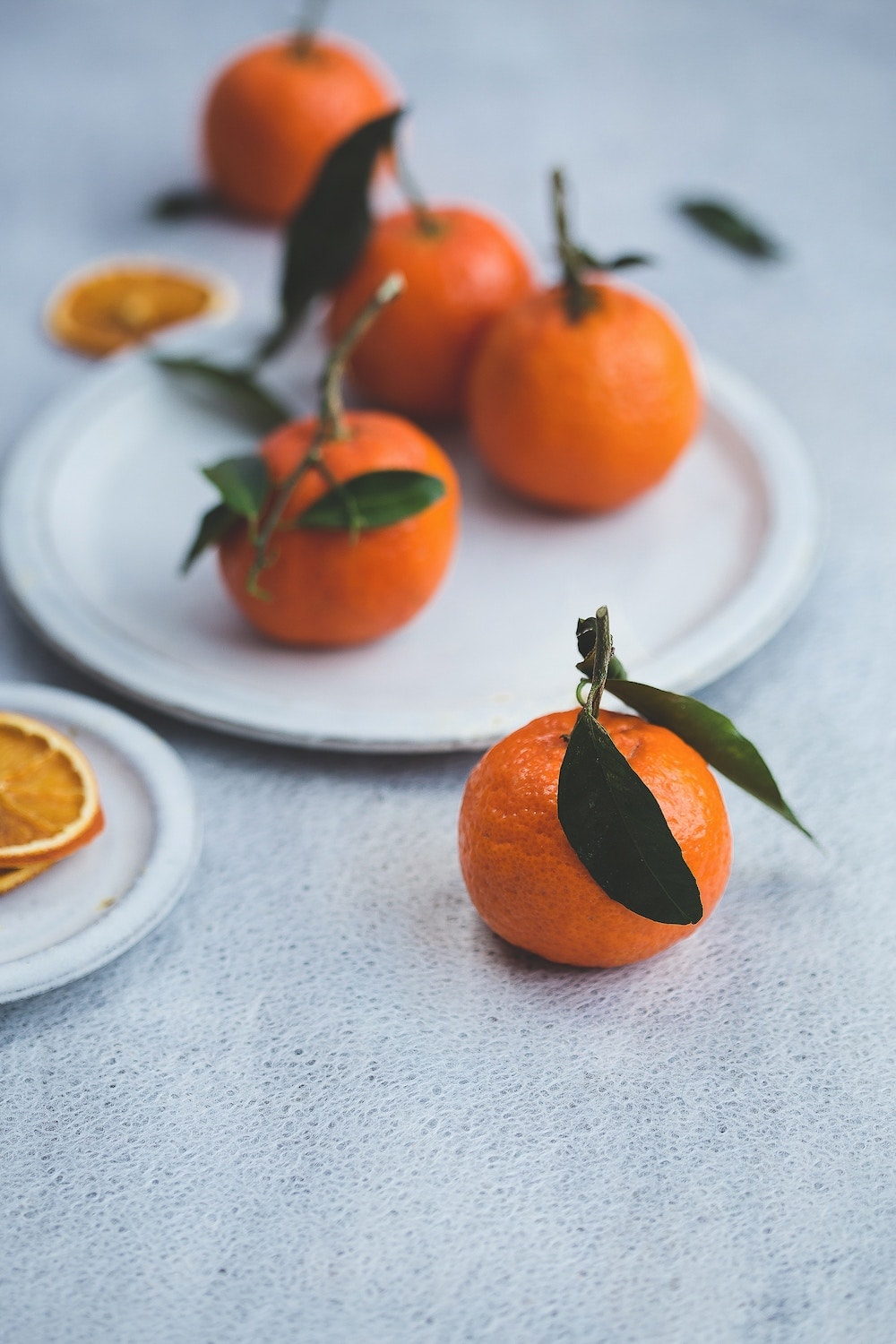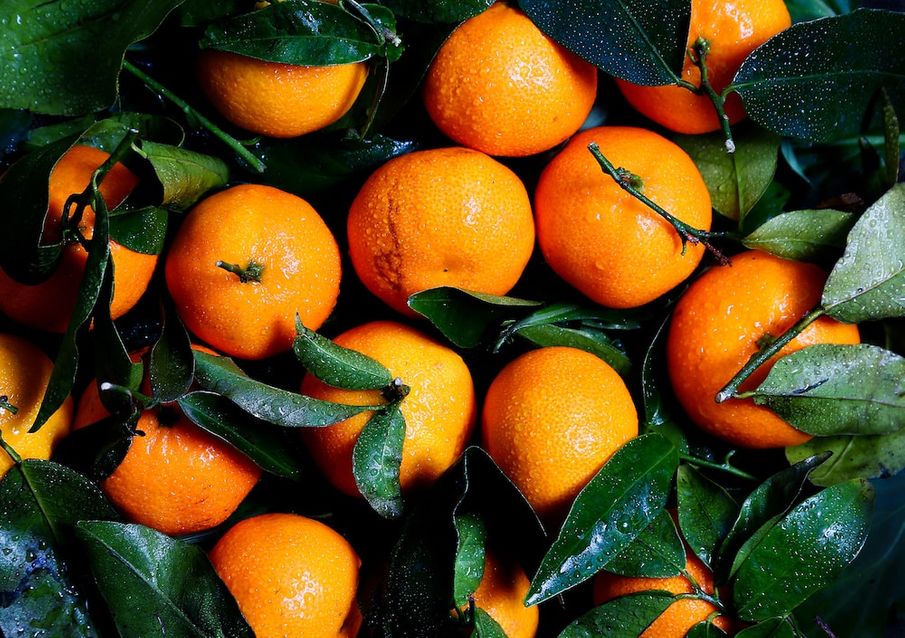A staple in many households’ fridges, orange juice is the refreshing beverage most of us see as essential in a balanced breakfast meal. But, is the tangy, citrus thirst-quencher as nutritious as we think?

The perfect accompaniment to a hearty breakfast, orange juice is the most popular fruit juice drink in the UK, taking 64% of the market share in 2016. A great alternative for those looking to avoid a caffeine-fix in the morning, while still giving an energy boost, what’s not to love? Well, I hate to break it to you, but dentists and nutritionists don’t have such a smile on their face...
Each 150ml portion of orange juice counts as one of your recommended five-a-day, plus you get a good dose of Vitamin C, which is an antioxidant supporting a healthy immune system.
It also helps your body absorb iron – needed to assist in transporting oxygen around your body, stopping you from feeling tired.
There’s also Vitamin D, essential for keeping your bones healthy, and folic acid which helps cell growth and maintenance. The nutrients extravaganza continues with zinc, potassium and calcium too, along with other vitamins, making the health benefits pretty fruitful.
A lot of people substitute eating the actual fruit for drinking the juice instead – I’m certainly guilty. Whether it’s because it’s quicker and easier to consume rather than fumbling around peeling an orange, or because you’re not so keen on having the smell on your hands for the rest of the morning, you might think what’s the harm? I’m getting the same goodness – vitamins and minerals, right?
Sugar reacts with bacteria in your mouth to create acids which damage the tooth enamel. Over time, damage can lead to cavities and tooth decay
But, the problem is the juice is full of natural sugars. Even the freshly-squeezed-before-your-eyes kind. In a “no-added sugars” 150ml glass of OJ, you can still expect about 15g of natural sugars – roughly 17% of an adult’s daily recommended intake. If you’re drinking something processed, expect a lot more – unfortunately that sweetness does come from somewhere!
Alright, 17% might not sound so bad, but consider your normal portion – are you having a small tumbler or a full, large glass? To put this in perspective, 150ml is less than half the size of a can of drink. And in that, you’re still getting about the same amount of sugar as two Jaffa Cakes.
The reason we need to limit our intake of sugar is because it can be very damaging to our teeth. Sugar reacts with bacteria in your mouth to create acids which damage the tooth enamel. Over time, the damage can lead to cavities and tooth decay.

Additionally, too much sugar can lead to type 2 diabetes, because your body becomes resistant to the hormone insulin which changes sugar into energy.
Orange juice can definitely be part of a healthy diet, but knowing your portion size is so important – even with drinks. While a cool glass of orange juice in the morning will give you that energy boost you might need, and plenty of beneficial nutrients to get your day off to a good start, do think about your teeth – for your dentist’s sake. Use a smaller glass, and avoid going back for more. Try using a straw to bypass your teeth a little. And check the packaging for any added sugars before you buy – these can sometimes be disguised as corn syrup, agave nectar or honey.
But, the best thing to do might be to just eat the whole fruit – it contains more nutrients and less sugar than the juice alone. Your pearly whites will thank you.


Comments